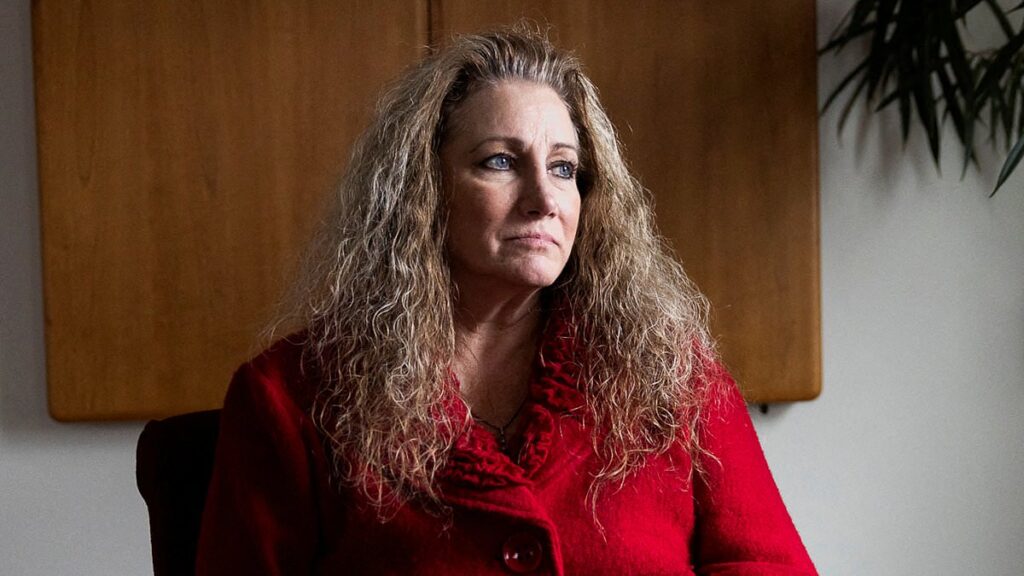The Supreme Court has sided with a straight woman who alleged that she was passed over for positions that went to her gay colleagues in a landmark ruling.
Marlean Ames said she was the victim of bias in an agency overseeing Ohio’s youth correctional facilities, with her case being decided in a rare unanimous ruling as all justices agreed.
Justice Ketanji Brown Jackson, who wrote the opinion for the court, said that a longstanding ruling used in almost half the nation’s federal circuits that forced people who are not white, male or gay to meet a higher bar to prove workplace discrimination was unconstitutional.
Brown wrote that it was wrong for courts to have different standards for different groups, but added that ‘Congress left no room for courts to impose special requirements on majority-group plaintiffs alone.’
The decision on Thursday from the Supreme Court restarted a discrimination battle Ames had lost in lower courts in Ohio, which previously ruled that she hadn’t met a higher bar of proof of bias.
She told the Washington Post earlier this year that ‘little did I know at the time that I filed that my burden was going to be harsher than somebody else’s burden to prove my case.
‘I want people to try and understand that we’re trying to make this a level playing field for everyone. Not just for a White woman in Ohio.’
Legal experts said that the ruling going Ames’ way will make it easier for groups that have not typically been seen as discriminated against to prove bias in court.
The Supreme Court has sided with Marlean Ames (pictured), a straight woman who alleged that she was passed over for positions that went to her gay colleagues in a landmark ruling
The Supreme Court sided with Ames in a rare unanimous verdict, with legal experts now saying that the ruling will make it easier for groups that have not typically been seen as discriminated against to prove bias in court
Although Ames’ case does not directly involve diversity, equity and inclusion (DEI) issues, legal experts said the landmark Supreme Court ruling could also have ramifications on President Trump’s crackdown on DEI.
Employment lawyers told the Post that the White House’s targeting of DEI could be compounded by Ames’ ruling to heap pressure on companies to eradicate DEI policies.
Ames’ victory this week is reportedly expected to trigger a wave of similar cases of workplace discrimination brought by people who are not members of minority groups.
The Ohio woman brought her lawsuit in 2020 after she lost her job as an administrator in the Ohio Department of Youth Services and her role was handed to a younger gay man.
Ames said she was also passed over for a separate role in management at the agency, which went to a woman who is a lesbian.
She said in her lawsuit that the woman had not even shown interest in the management role, and alleged that department was opting to promote less qualified people over her because they were gay.
After losing her case in lower courts, Ames’ lawsuit was raised to the Supreme Court as her legal team hinged her argument on the 1964 Civil Rights Act.
They argued that the lower courts’ ruling treated Ames differently just because of her background, with the 1964 act outlawing discrimination on anything related to sex, race, color, religion or national origin.
